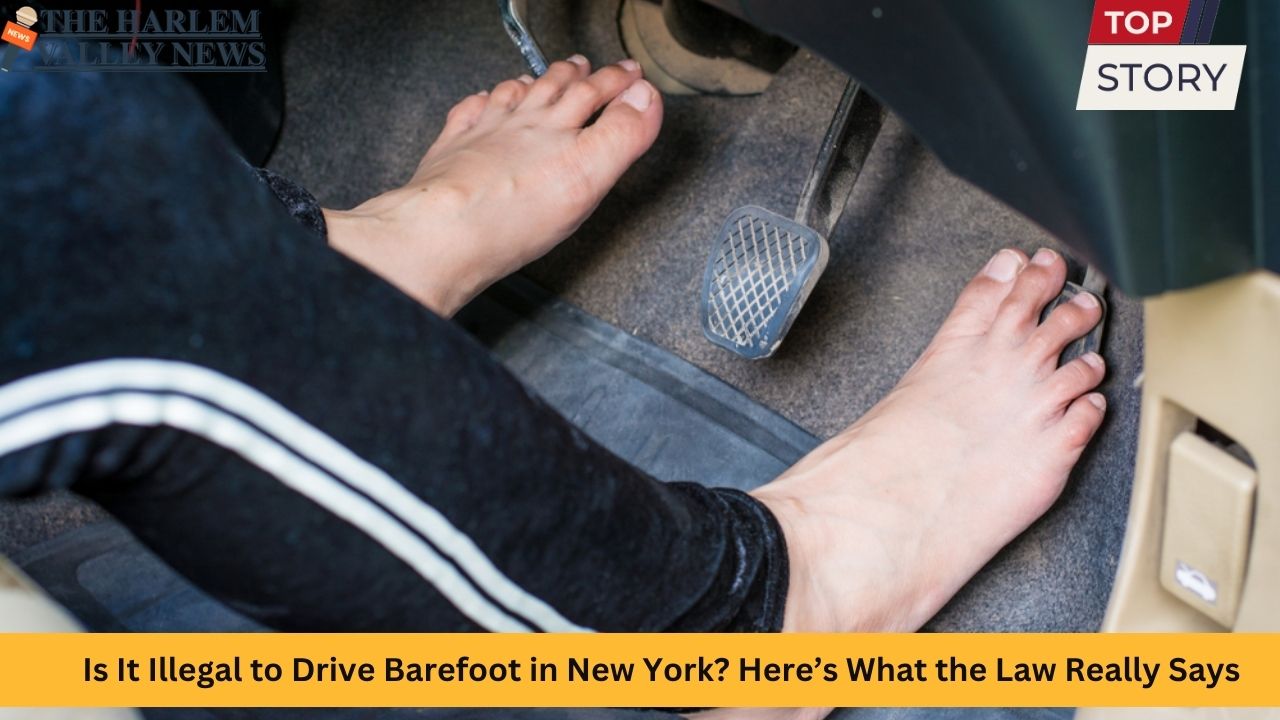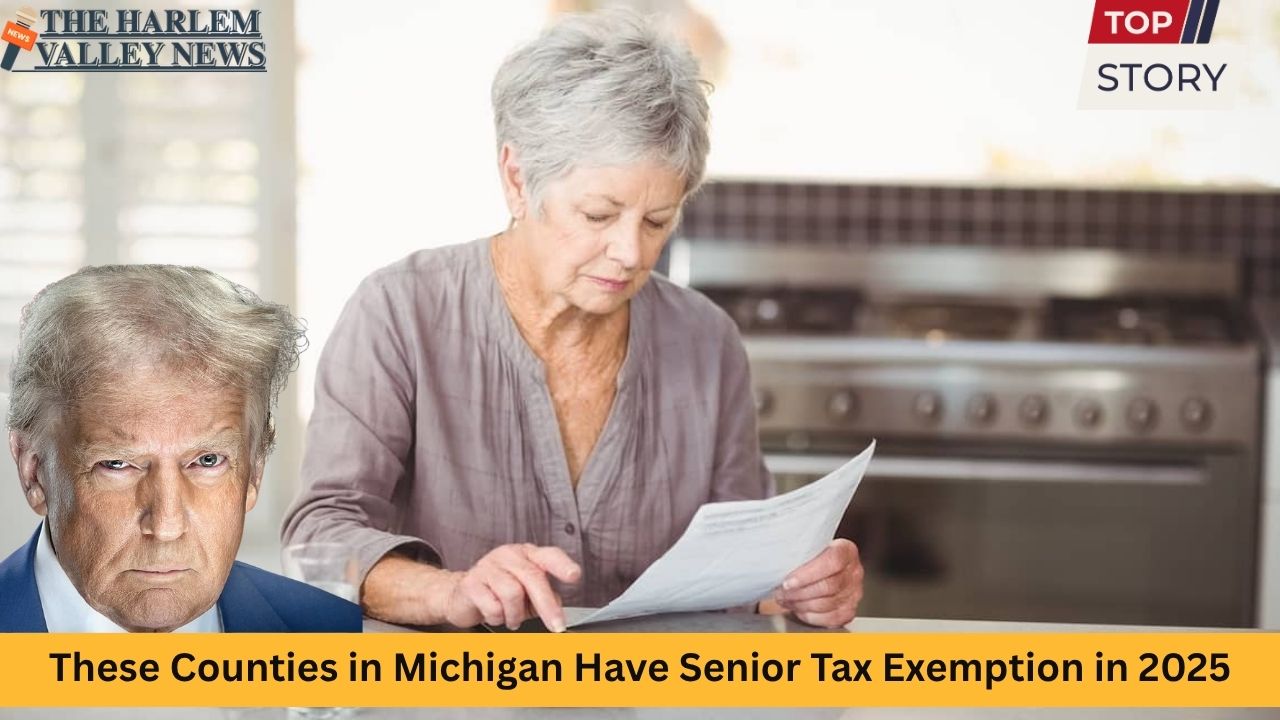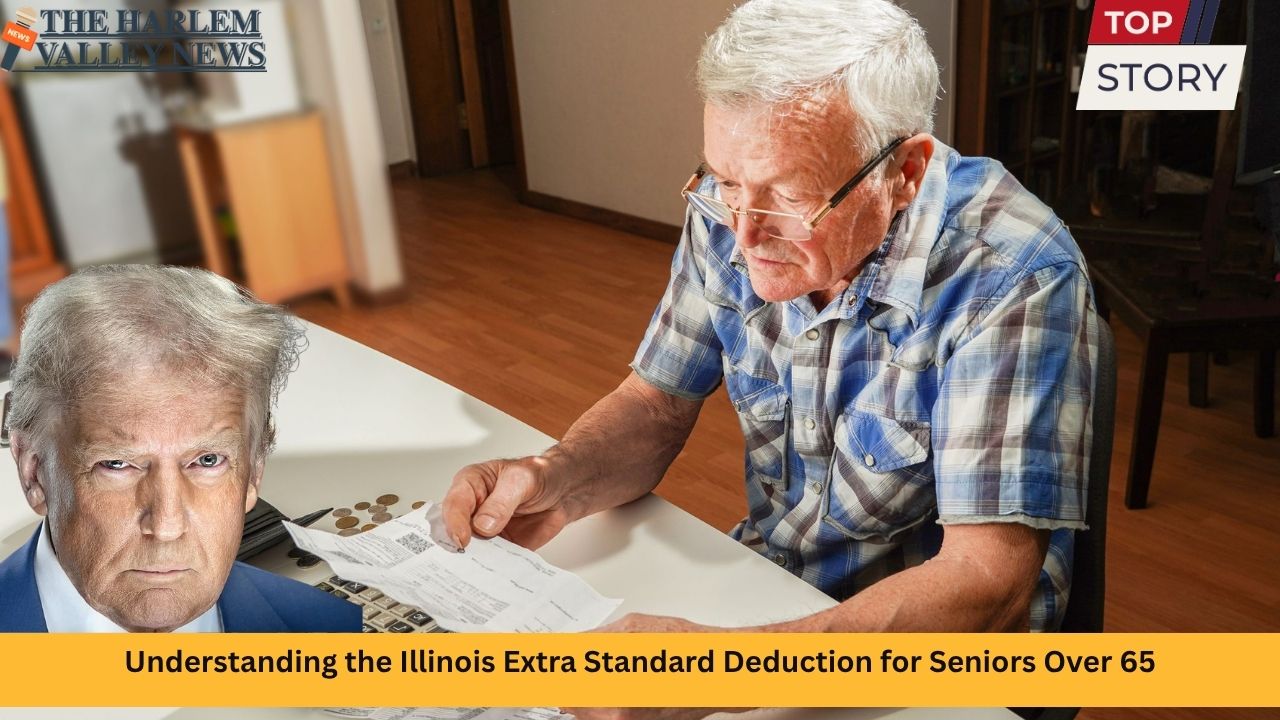Across the state of Georgia, many counties offer senior property tax exemptions that dramatically reduce the tax burden for older homeowners. These exemptions vary widely by region—from income thresholds to exemption amounts, age requirements and whether valuation freezes apply. In 2025, thanks to a new state constitutional amendment and several local policies, an increasing number of counties are delivering meaningful relief. This article explores key counties that provide senior exemptions, how they work, what income or residency conditions apply, and how much savings seniors can expect.
Overview of the New State Framework
Starting January 1, 2025, Georgia’s state law introduces significant reforms. Voters approved a local‑option constitutional amendment that gives counties and school systems the power to adopt or opt out of new homestead exemptions tailored for older residents. Under the updated rules, the statewide base homestead exemption for homeowners age 65 and above can now reach $4,000 or more, provided household income stays below a modest cap. In addition, many counties implement inflation‑proof or “valuation freeze” exemptions, locking the taxable value of a home at a base year as long as the homeowner remains on title and continues to live there. These changes are tailored to accommodate increasing property values while protecting long‑term residents.
Cherokee County’s Approach to Senior/Disabled Exemption
In Cherokee County, seniors and disabled homeowners are subject to a homestead eligibility rule that goes into effect January 1, 2025. Anyone applying for the Senior/Disabled School Tax Exemption must have maintained homestead status for at least five years prior. If a homeowner meets that requirement and qualifies under age/income thresholds, school maintenance and school bond taxes can effectively be wiped out. Current exemption formulas in Cherokee County eliminate all school taxes for those age 65 or older whose Georgia taxable income falls under permitted limits.
Fulton County’s Generous Provisions
Fulton County offers one of the most generous senior homestead exemptions in the state. Residents 65 or older may qualify for a substantial exemption scheme that reduces county and school‑related property tax burdens. Some senior residents enjoy valuation freezes and floating exemptions that cap annual increases in assessed value, shielding them from steep tax hikes due to real estate appreciation. No income restrictions may apply if specific exemption rules are met, and those seniors may receive tens of thousands of dollars in exemptions on assessed value.
DeKalb County’s Tiered Income‑Based Exemptions
DeKalb County takes a tiered approach to senior exemptions, offering multiple levels of benefit depending on age and household income. For example, those age 62 and over with modest income may qualify for a fixed reduction in school and county tax assessments. Residents age 65 with very low income can receive more extensive benefits, including full exemption from school taxes and increased county levy exemptions. For seniors between 70 and older, the top tier offers maximum exemptions against school taxes, subject to limits on federal adjusted gross income. Combined with city‑level freezes in places such as Decatur or Brookhaven, the overall tax relief can be very substantial.
Gwinnett County’s Senior School Tax Benefit
In Gwinnett County, seniors 65 or older whose Georgia taxable income does not exceed a threshold (which for 2025 is slightly over $121,000) may qualify for the L5A Senior School Exemption. This exemption eliminates school maintenance and bond taxes for eligible homeowners. The county also offers L3A or L3 senior exemptions that reduce county taxes—particularly valuable in cities like Buford. Income verification requires prior year federal and state tax returns, or accepted proof of Social Security and retirement income. Once approved, the exemption automatically renews unless homeowner status changes.
Clayton County and City‑Level Senior Exemptions
Clayton County offers senior homestead benefits to residents age 65 or older with standard income limits. While details may vary, exemptions typically reduce school tax liabilities significantly for eligible seniors. Homeowners must maintain primary residence status and meet deadlines—commonly April 1—to apply. In county cities, senior exemptions are usually aligned with Clayton’s rules, though requirements may differ slightly.
Fayette County’s Graduated School Tax Relief
In Fayette County, residents aged 62 to 65 qualify for a moderate senior exemption increasing school tax relief from $2,000 to $4,000. Homeowners age 65 or older enjoy higher benefits: either a 50 percent or even a full 100 percent exemption from school taxes, depending on household income. Net income must stay below a modest threshold (for example, under $15,000). Proof of income or bank statements is required if tax returns aren’t filed. Those meeting eligibility may see full elimination of school tax assessment.
Camden County’s No‑Income‑Limit Exemption
Camden County stands out by offering a local homestead exemption for seniors age 62 and above without imposing an income limit. Eligible residents receive up to $25,000 off the assessed value for county and school taxes. Further, seniors 65 and older may also qualify for a full exemption from state ad‑valorem taxes—effectively exempting the main residence (up to 10 acres) from all state, county and school property taxation. Because Georgia itself does not levy a state ad‑valorem tax, the benefit results in total removal of valuation-based contributions from those tax tiers, provided local and county rules are met.
Paulding County’s Focus on School Tax Exemption
Homeowners in Paulding County age 65 or older are eligible for specific exemptions on school tax portions. The county provides separate application paths for those with total disabilities or veterans with service‑connected injuries, but seniors benefit from substantial school tax reductions when income criteria are satisfied. Applicants must reapply only if ownership or residency changes—otherwise, the relief auto-renews year after year.
Oconee County’s Freeze and Bonus Benefit Schedule
Beginning January 1, 2025, Oconee County’s senior homestead benefits are especially noteworthy. At age 65, a homeowner automatically sees the assessed value of the property frozen at the current valuation—even as market value rises. At age 75, an additional $10,000 exemption amount is automatically added. Coupled with a general homestead exemption that rises to $5,000 across county and school taxes, this layered benefit structure provides ongoing relief for seniors in this fast-growing area of the state. A further increase to a $10,000 general exemption is scheduled by 2035.
Comparing the County Exemptions Side‑by‑Side
– Cherokee County removes school tax liability entirely for qualifying seniors after five years of homestead.
– Fulton County offers high-value exemptions and valuation freezes without strict income thresholds.
– DeKalb County structures its benefits by age and income level, with tiered caps that reward longer residency and lower income.
– Gwinnett County uses the L5A and L3A exemptions to target school and county tax relief for seniors with verified income limits.
– Clayton County aligns largely with neighboring counties, offering school tax reductions for age‑qualified residents.
– Fayette County delivers sizable school tax exemptions—either partial or full—based on age and household income.
– Camden County distinguishes itself with no income threshold up to $25,000 in local assessed value exemption, plus state ad valorem benefits.
– Paulding County focuses on school tax exemption and accommodates veterans and disabled seniors.
– Oconee County introduces valuation freeze at age 65 and bonus exemption at age 75 on top of rising general homestead relief.
Real‑World Numbers and Impact
For many seniors, the value of these exemptions runs into thousands of dollars per year. For example, someone in Fayette County aged 65 with low income could see every dime of school tax forfeit—a saving that could easily exceed $1,200 annually depending on local millage. In Fulton or DeKalb counties, floating and frozen exemptions may protect against value increases that would otherwise raise taxes sharply—especially in places like Brookhaven or Brooklet where assessed values have climbed over 3‑4 percent annually.
In Cherokee County, after the five‑year homestead requirement is met, seniors are spared school taxes entirely—boosting affordability for older residents in both suburban and exurban communities. Camden County’s approach exempts up to $25,000 of assessed value without income qualification, so even more affluent seniors benefit from lowered tax bills statewide.
Who is Eligible and How to Apply
Across all counties, there are shared eligibility goals: the applicant must own and occupy the home as the primary residence as of January 1 of the tax year; only one exemption per household is allowed; and for county‑level or state‑level senior exemptions, age thresholds typically begin at age 62 or 65. Income caps vary widely—some counties impose limits as low as $10,000 in net income (excluding Social Security or retirement income), while others have no income test at all.
Deadlines are uniform across counties: applications for the 2025 year must typically be filed by April 1, and thereafter the benefit renews automatically unless eligibility changes. In most counties, once you qualify, you need not reapply unless ownership transfers, residency changes, or you wish to apply for a different exemption category.
Documentation generally includes proof of age (driver’s license or birth certificate), proof of Georgia residency (vehicle registration, state ID matching address), and proof of income (Georgia tax return, federal 1040, pension or bank statements) if income thresholds apply.
The State‑Level Exclusion and How That Interacts
In addition to property tax exemptions, Georgia offers a retirement income exemption for individuals aged 65 or older: up to $65,000 per person of retirement income—including pensions, annuities, capital gains and other forms of taxable income. That provides extra income tax savings on top of property benefits. Combined, these programs make Georgia particularly tax‑friendly for retirees.
Why These Exemptions Matter More in 2025
With home values rising rapidly across Georgia—some metro areas seeing assessed values jump nearly 40 percent over five years—property tax bills have likewise headed upward. Senate‑backed legislation, and the passage of the 2024 amendment, gives counties the option to cap annual valuation increases or expand senior relief in ways previously unavailable. Homeowners who maintain a homestead exemption and stay through valuation freeze programs stand to benefit by holding tax bills stable even when property markets surge.
Furthermore, in counties like Oconee and Camden, seniors benefit without strict income limitations, making relief more broadly accessible. The combined effect of income tax exclusions and property tax reductions can save retirees thousands annually, improving housing affordability and stability in retirement.
Tips for Seniors Considering Applying
Check your county tax commissioner’s office or board of assessors website to review eligibility and download application forms for 2025. Pay close attention to age requirements as of January 1, taxable income limits (if any), and the deadline—commonly April 1. If you already qualify and have previously applied, you often do not need to reapply unless ownership changes. However, some changes—such as moving from county to city ownership, or reaching a new age threshold—may require follow‑up applications.
If income reporting is required but you didn’t file returns, you can typically supply Social Security statements, bank records, or pension documentation. Always bring valid photo ID and proof that the property is your primary residence (Georgia driver’s license or vehicle registration). For valuation freeze exemptions, ask your assessor about whether your county offers inflation‑proof or capped valuations if home values rise above certain thresholds.
Looking Ahead: Broader Trends in Georgia Tax Relief
As more counties adopt local‑option exemptions and valuation freezes under the new constitutional amendment, more Georgia seniors will enjoy relief in coming years. Legislative proposals are also exploring raising the statewide exemption cap further—potentially from $4,000 up to $10,000—though the real impact will depend on county adoption and interplay with local exemptions. Meanwhile, pressure on counties to raise property tax rates is mitigated when they cannot benefit from higher assessed values if they freeze valuations for homestead recipients. That ensures stability and predictability for fixed‑income households.
Conclusion: Local Relief Making a Difference
For seniors living in Georgia counties like Cherokee, Fulton, DeKalb, Gwinnett, Fayette, Camden, Paulding and Oconee, 2025 brings opportunity for substantial property tax savings. Exemptions tied to age, income, valuation freezes and school tax relief can translate into hundreds or thousands of dollars in annual savings—factors that meaningfully impact affordability in retirement. Understanding county‑specific rules, application deadlines and required documentation is key to unlocking savings. As counties continue adopting local relief options, these benefits are expected to expand—helping more older homeowners stay securely in their homes, regardless of rising real estate values.













Leave a Reply